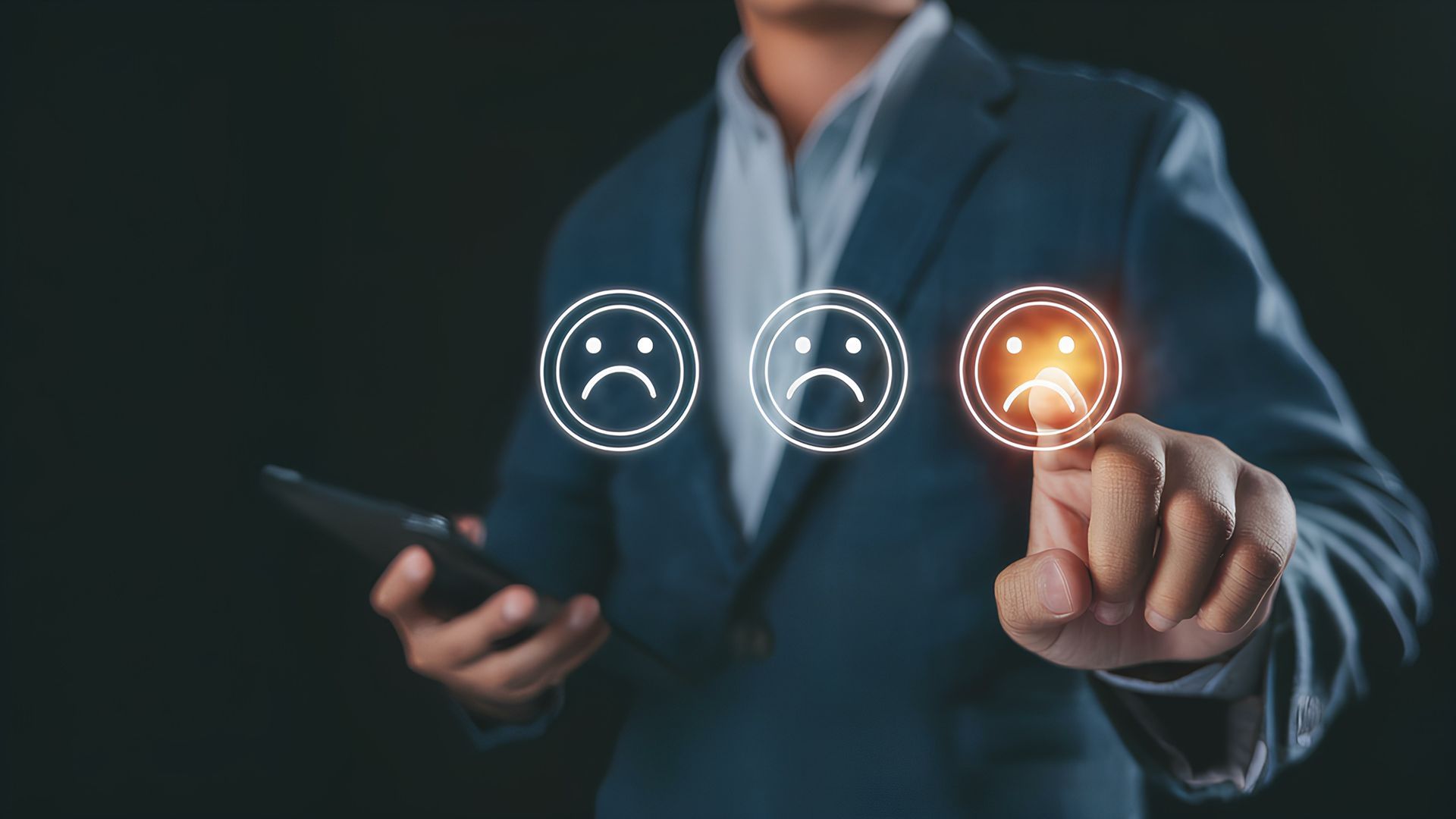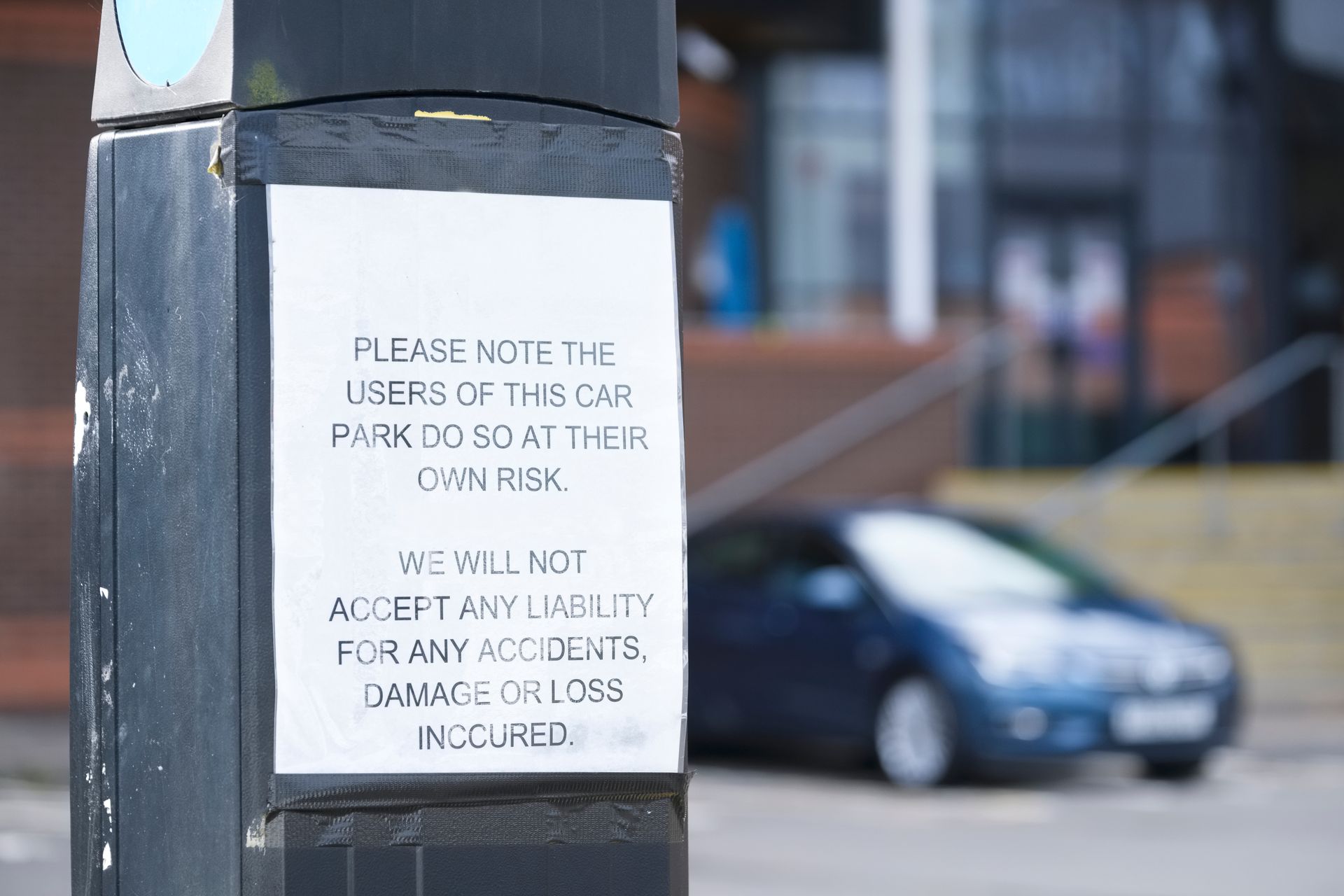Blog

Service-based businesses, including healthcare providers, attorneys, consultants and other professionals, face unique risks that come with providing expertise and advice. Even a minor mistake or perceived oversight can result in dissatisfied clients or customers filing malpractice or errors and omissions (E&O) lawsuits.
Identifying potential liability risks is necessary for protecting your reputation, finances and operations.
What Are Service Liability Risks?
Service liability risks arise when a client or customer alleges that your professional advice, actions or inaction caused them financial harm, physical harm or another negative outcome.
Common claims include:
- Malpractice: For professionals like doctors, lawyers and accountants, malpractice claims assert that your services failed to meet the expected standard
- Errors and Omissions: For consultants, contractors, or advisors, E&O claims allege that a mistake, oversight or failure to deliver promised services caused harm.
Service liability lawsuits can result in significant financial losses, reputational damage and legal costs, even if the claim is ultimately dismissed.
How to Determine Whether Your Business Is at Risk
To assess whether your business is vulnerable to service liability claims, consider the following key factors:
Nature of Your Services
If your business provides specialized expertise, advice or technical services, you may be at risk of liability. Industries with inherent risks include:
- Healthcare: Doctors, nurses and therapists can face malpractice claims related to patient care.
- Legal: Attorneys may be sued for negligence or conflicts of interest.
- Consulting: Management, financial or IT consultants may face claims for providing ineffective or damaging advice.
- Real Estate: Agents and brokers can be held liable for errors in property transactions.
If your industry requires licensing, certifications or specialized training, service liability risks are likely present.
Complexity of Client Needs
The more complex or high-stakes your client projects are, the greater the potential for liability. For example:
- A management consultant advising a client on a multi-million-dollar acquisition faces greater risks than a consultant advising on routine operations.
- A medical professional conducting a high-risk surgery may have more exposure than someone treating minor ailments, although the ultimate risk depends on the severity of a patient’s negative outcome from allegedly negligent care.
Contracts and Deliverables
Review your contracts and agreements with clients. Are your deliverables and service expectations clearly defined? Ambiguities in contracts can lead to disputes over whether you fulfilled your obligations. Look for:
- Vague language about outcomes or performance guarantees.
- Lack of disclaimers regarding potential risks or limitations.
Client Communication
Breakdowns in communication often lead to service liability claims. Consider whether your business:
- Clearly explains processes, risks and expectations to clients.
- Provides documentation of communications, agreements and updates.
- Maintains a system for addressing client concerns proactively.
Industry Standards and Regulations
Examine whether your business adheres to industry standards, ethical guidelines and legal regulations. Failure to comply with these standards can expose you to liability claims.
History of Complaints or Claims
Historical analysis of claims or complaints your business has faced in the past can help you gauge future risks. Patterns of dissatisfaction could indicate areas where service delivery, expectation setting or contract clarity needs improvement to avoid future risks.
Best Practices to Mitigate Service Liability Risks
Once you’ve identified your business’s potential risks, implement strategies to reduce your exposure:
Create Detailed Contracts
Well-drafted contracts are the cornerstone of risk management. They should include:
- A clear scope of work and deliverables.
- Disclaimers about potential risks or limitations.
- Indemnification clauses that protect you from client negligence.
Carry Appropriate Insurance
Service liability risks are unpredictable, which is why carrying insurance is essential. Professionals in these industries may be required or advised to carry:
- Malpractice Insurance: Protects professionals like doctors, lawyers and accountants.
- Errors and Omissions Insurance: Covers businesses providing advice or specialized services.
- Even if a state doesn’t require a professional to carry malpractice or E&O coverage, industry employers or standard contracts often will. For example, Georgia doesn’t require doctors carry malpractice insurance, but hospitals and healthcare facilities typically won’t hire or employ a physician who doesn’t carry or can’t qualify for coverage.
Document Everything
Maintain thorough documentation of all client interactions, agreements and deliverables. If a client disputes your services, detailed records can provide evidence of your compliance and professionalism.
Train Your Team
If you have employees, provide regular training on:
- Industry standards and regulations.
- Communication best practices.
- Proper handling of client complaints.
This reduces the likelihood of costly mistakes and misunderstandings.
Seek Legal Advice
Consult an experienced attorney to make sure your policies, contracts and practices align with current laws and minimize liability exposure.
Despite a business’s best efforts, disputes with disgruntled clients can still arise. An experienced business liability defense attorney may be able to help you effectively defend your interests.
Consult With a Skilled Commercial Litigation Defense Attorney at Our Atlanta Law Firm
Whether defending against injury, malpractice or E&O claims, our team has the experience and knowledge to provide comprehensive legal support tailored to your industry.
Contact us at the Law Office of Cameron Hawkins today to schedule a consultation or give us a call at 678-921-4225.











